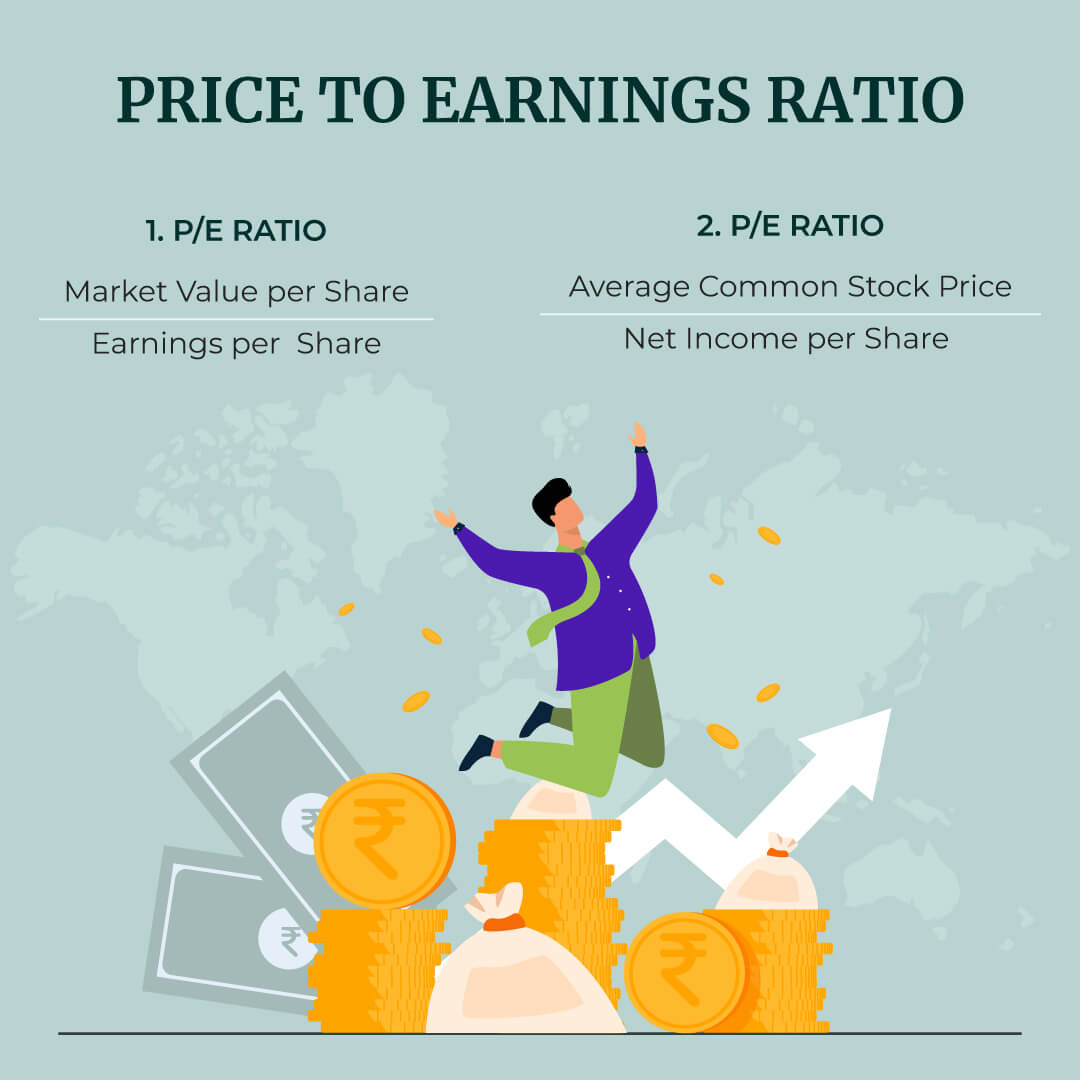
+91 80 41281 383 • Srinivasam, No. 20, 9th Cross, 6th Main, Malleshwaram, Bengaluru

In a freewheeling chat with a panel of financial experts we had posed a question to Chintan Haria, Head–Product Development & Strategy, ICICI Asset Management Company Limited, asking him his view on the valuation of the market considering the current P/E valuation and the expected growth in the future. After all a high P/E could mean that a stock's price is high relative to earnings and possibly overvalued. For example, a company with a current P/E of 40, is trading above the market P/E average… trading at 40 times earnings. This high multiple indicates that investors expect higher growth from the company compared to the overall market.

Chintan debunked this with his thoughts:

Averages mean little. As investors we have to look towards where the money will be made.
All indicators show India will grow from $3 trillion economy to a $5 trillion economy. A market cap of Rs. 150 lakh crore valuation has to be created.

If the fund managers are looking at the right places, we should be able to take advantage of this growth. You don't need to worry about price to earnings. You must be able to digest the volatility that is present in the equity market. In the last two years we had 150% return on large caps. This is not going to repeat.
Yes, there may be a downside but in the long term it will even out. If you are worried about the P/E, you may not be able to capitalize on a market asset which will compound many times over in the next few years. Your fund managers are in the best place to help you take advantage of this.
No of Demat accounts opened in the last 2 years has almost doubled in number. FII (Foreign institutional investors) are selling Indian Equity, but the DII (Domestic institutional investors) are investing similar value in equity, and recently SEBI has brought in new margin regulations which reduces leveraged investment.
Indians are investing more because of access to digital technology which is making it very easy for them to participate in the equity markets. Youth are more interested in investing in financial assets rather than physical assets, And with Demat accounts everything can be done online, which is their forte.

Leverage is something that a trader is given by the broker or broking firm which he can use to invest in a stock that they wouldn’t be able to afford on their own. In simple terms, if you were to use leverage, you would be increasing your purchasing capacity multifold, without having to spend additionally from your pocket. Buying stocks on margin and trading in futures and options are some instances where you use leverage. Futures contracts, for instance, are very high leverage instruments.
MIMI PARTHA SARATHY
Managing Director,
Sinhasi Consultants Pvt. Ltd.
In 2007 at the peak of the drag down we used to have rollovers happening at 2% per month. People were willing to pay 24 to 36% per annum in interest to keep their long futures. We had a very heavy leverage system present at that time. Today the ecosystem is much lighter although the absolute numbers have become much higher. The leverage in the system is not so strong due to the margin requirements. If you talk to brokers, you will realize it is not so easy to borrow money from the open market and invest in the equity market.

“It is not easy today for people to borrow and invest in equity market.”
CHINTAN HARIA
Vice President, ICICI Prudential
Asset Management Company Limited
There is more stringency. I don't see a worry that overnight leverage will be cut (like that in the 2008 leverage unwinding) to break the back of the market.
So we are not leveraged. This money which is coming into the equity space is the money which earlier used to go into savings, gold, deposits, real estate, etc. Now that is coming into equities.
Only 6-7% of our $7 trillion savings is in the equities market (about $450 billion). Now because of the renewed interest in the equity market and the participation by retail investors, we should see a sizable chunk of this coming to the equity market.

Remember FIIs sold 80,000 crores of equity in the secondary market in Q3 21-22. The only reason the market did not crash was because of the power of the Indian retail investor who took up the slack. We are not going to see this trend go away in the coming few quarters. Yes, there will be volatility, but this trend will continue.
40% of the US savings are in equity while India has only 6%. We should see this figure go up to about 9% in the coming few years.
Have you had a conversation with a financial advisor to get a better understanding? We have said time and again that markets can correct sharply, and this can be caused by any macro indicator. And in these uncertain times, you can be rest assured that Murphy’s law will apply. Anything that can go wrong will go wrong.
We urge you to have conversations with financial advisors who have seen and navigated these cyclical rises and falls. They are in the best objective position to help you understand and mitigate the risks of letting emotion get the better of you.
We urge you to have conversations with financial advisors who have seen and navigated these cyclical rises and falls. They are in the best objective position to help you understand and mitigate the risks of letting emotion get the better of you.